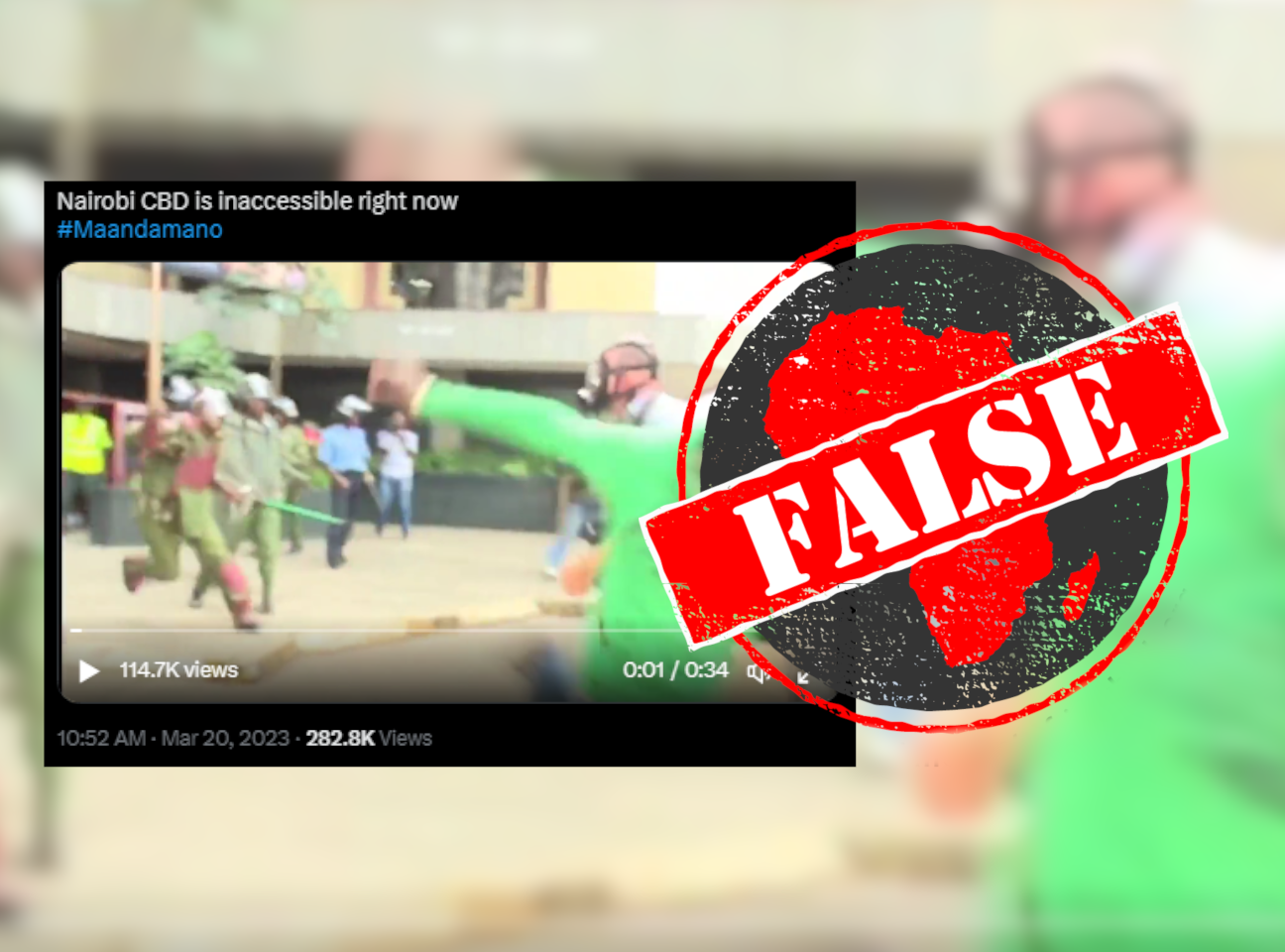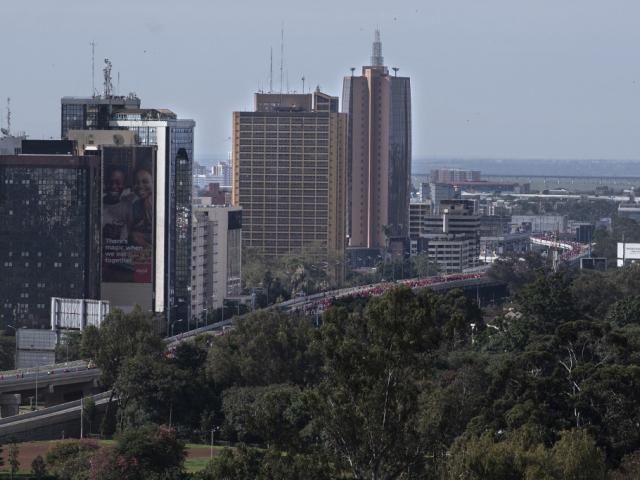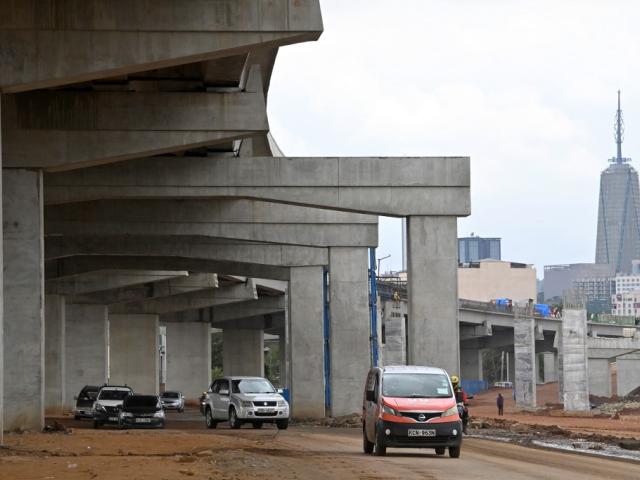IN SHORT: A video showing police officers beating a man has been shared on Twitter. It claims to have been taken on 20 March 2023 in Kenya, as the country faces widespread protests over the high cost of living. However, the video is old.
A video posted on Twitter on 20 March 2023, attracting more than 280,000 views at time of publication, shows uniformed officers brutally beating a protester, apparently in the Kenyan capital of Nairobi.
“Nairobi Central Business District is inaccessible right now,” the caption reads.
In the video, two police officers chase down a man in a green hoodie. The victim falls down and appears to have been struck unconscious by the kerb. But a police officer still sets upon him with kicks and a baton. He is joined by his colleague, who also hits the unresponsive man.
The video was posted during nationwide protests called by opposition leader Raila Odinga on 20 March 2023.
Odinga is demanding that president William Ruto reduce the cost of living.
Odinga is also contesting the outcome of the August 2022 general election, in which he lost to Ruto.
But does this video show police brutality in Kenya during the 20 March 2023 protests? We checked.

Video of 2016 protest
Using the InVID-WeVerify tool, Africa Check extracted key frames from the video.
A reverse image search of these reveals similar images from videos taken in 2016.
The photos were taken by Associated Press photographer Ben Curtis.
One of the photos is captioned: “A Kenyan riot policeman repeatedly kicks a protester who lies in the street after tripping over while trying to flee from them, during a protest in downtown Nairobi, Kenya, on May 16, 2016. Kenyan police tear-gassed and beat opposition supporters during a protest demanding the disbandment of the electoral authority over alleged bias and corruption.”
We then searched YouTube for footage of police beating people in Kenya in May 2016, and found this clip of the same video.
The caption reads: “Kenya police brutality: Police chief orders investigations into alleged brutality by his officers.”
At the time, Odinga had called on his supporters to take to the streets ahead of the 2017 general election, demanding the sacking of members of the electoral commission.
The video does not show people protesting against the high cost of living in 2023, but shows an attack by Kenyan police during 2016 protests.
Republish our content for free
For publishers: what to do if your post is rated false
A fact-checker has rated your Facebook or Instagram post as “false”, “altered”, “partly false” or “missing context”. This could have serious consequences. What do you do?
Click on our guide for the steps you should follow.
Publishers guideAfrica Check teams up with Facebook
Africa Check is a partner in Meta's third-party fact-checking programme to help stop the spread of false information on social media.
The content we rate as “false” will be downgraded on Facebook and Instagram. This means fewer people will see it.
You can also help identify false information on Facebook. This guide explains how.




Add new comment